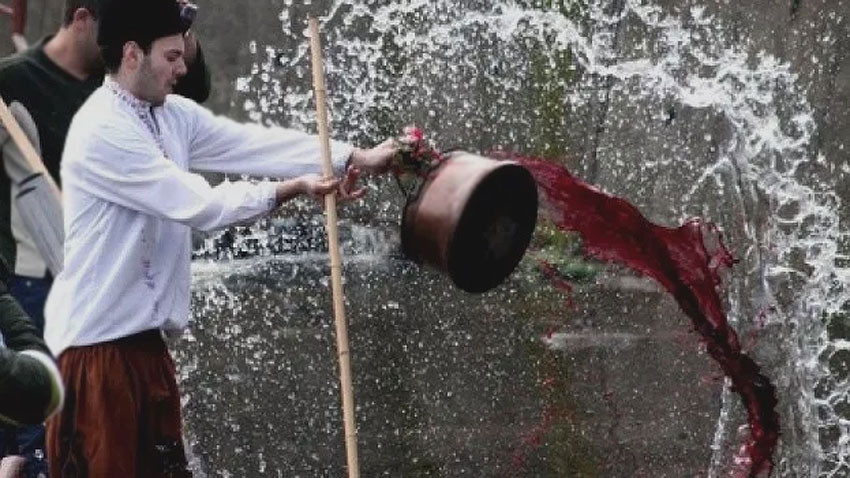
On January 7 the Bulgarian Orthodox Church celebrates the feast of St. John the Baptist, also called Forerunner of Christ. In Bulgaria this day is known as Ivanovden
When he was 30, John started preaching to people and baptizing them. He was the one who baptized Jesus Christ in the waters of the Jordan River, an event that most of the Orthodox world marks on January 6 – Epiphany. According to the Bulgarian folk beliefs, January 6 also marks the end of the so-called “dirty days.” After all the rituals related to the Christmas – New Year purification cycle, after all the blessings, chaos has finally retreated and cosmic harmony prevails. Folk customs on Epiphany and Ivanovden are in honor of this new beginning and are deeply connected by nature. On each of these holidays ritual bathing takes place. As it is known, on Epiphany, after the priest casts a cross into the icy waters of a river or basin, young men and boys compete to take it out.
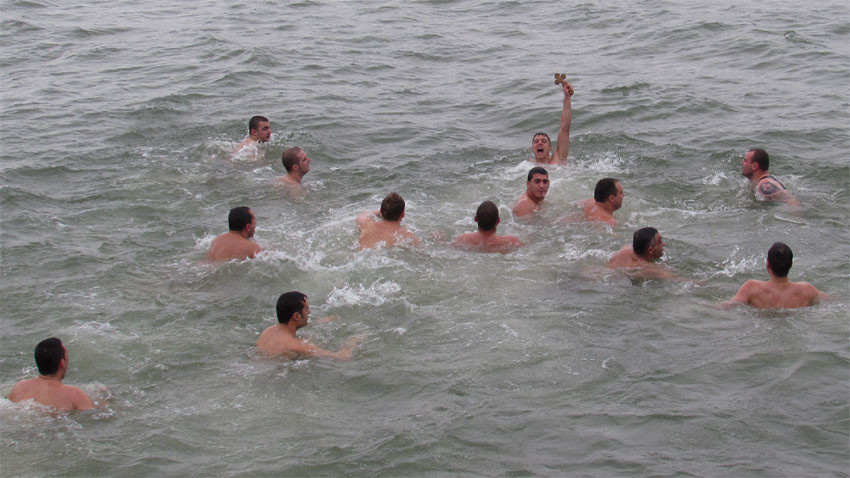
On Ivanovden those who celebrate their name day get bathed "for health". Ritual bathing also involves women and newly-engaged brides, hence the name of the holiday in some villages - "Women's Waters".
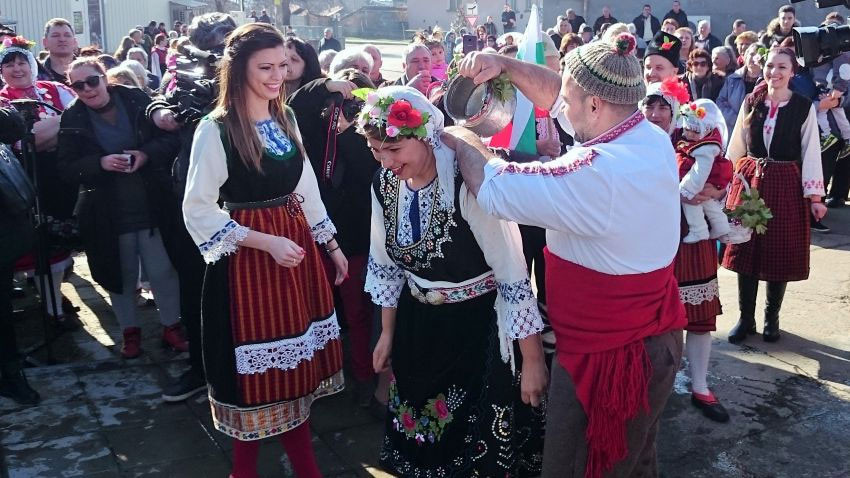
In Bulgarian traditions, Ivanovden is a celebration dedicated to communion and friendship. According to people's beliefs, the Lord gave St. John the task "to baptize land and water, young brides and young children." In the past the holiday was celebrated in each Bulgarian home. Best men ritually sprinkle water on newlyweds who married in the previous year. In the evening the young family visited the home of their best men, bringing cakes, dishes, wine, and brandy. People also performed rituals for becoming blood brothers on this day.
According to folk legends, lots of snow and ice on the Feast of St. John meant lots of health for people and cattle during the year. Preparations for upcoming weddings also start as weddings were allowed until the beginning of the Easter Lent. On Ivanovden the full cycle of the “koleduvane” rituals end.
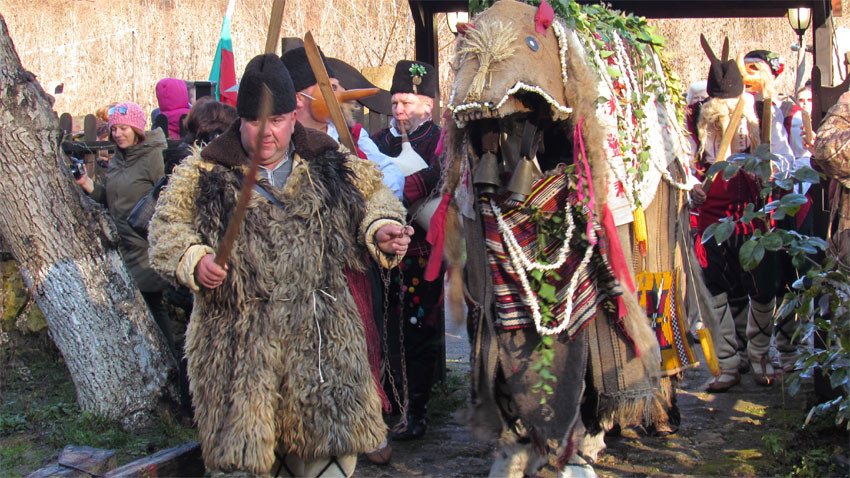
Christian folk thought is also reflected in festive folk songs. Some of them tell how the Mother of God was walking with her newborn son in hands, looking for a godfather. Saint John was the one who agreed to perform the baptizing. When the Young God was baptized in the waters of the Jordan River, its bottom was gilded, and its shores became silver. Gold and silver are symbols of prosperity in another popular song that used to be performed on these Epiphany and Ivanovden:
A tree grew high,
The blue sky it reached.
Branches were of pure silver,
Its leaves were all gold.
There were golden bees on its leaves
The tree – St. John himself.
Silver leaves – holy icons,
golden bees–pious Christians.
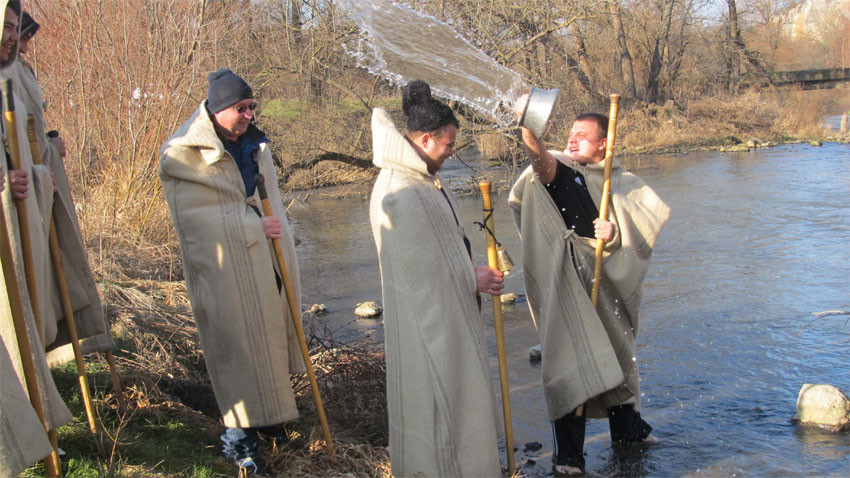
English: Alexander Markov
Photos: BGNESFans of Bulgarian folklore are getting together in the village of Ribaritsa near Teteven on 20 and 21 July for the 3 rd national festival and the 16 th edition of the festival of folklore of national customs and authentic traditional costumes in a..
Nearly 340 participants from countries on different continents will take the stage at the Summer Theatre in Marno Pole Park in Veliko Tarnovo to present the their folklore traditions. The start is today, 20 July, when the traditional..
Products made of wool inspire the feeling of inner comfort and warmth in the visitors of the Plovdiv Regional Ethnographic Museum. The exhibition "Bulgarian felts - a message from antiquity" presents an ancient craft, which is..

+359 2 9336 661
